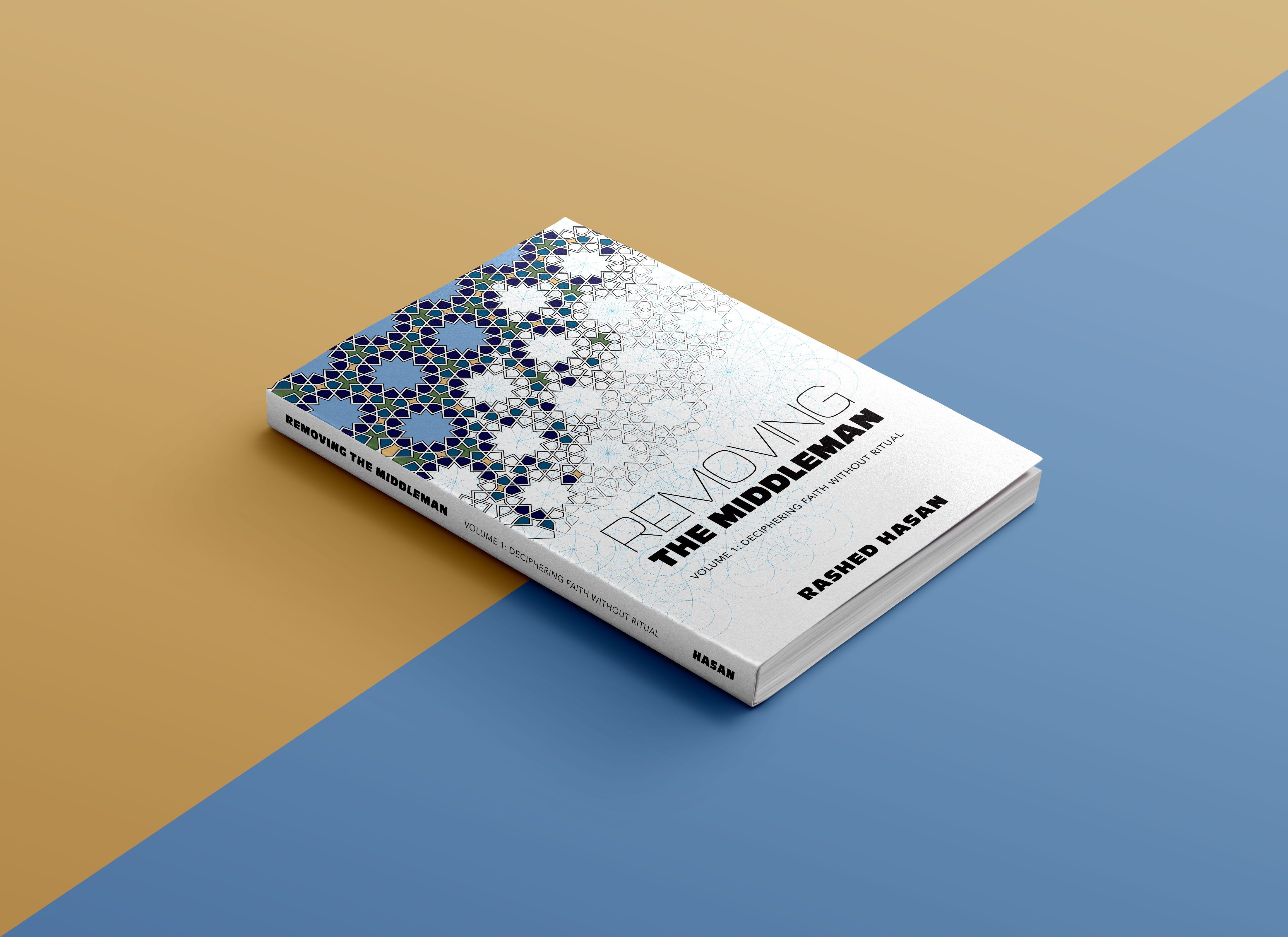In its purest form, faith in God and religious practices should forge a global alliance of goodwill and common humanity by encouraging diverse tribes to work together—a social, moral, and ethical construct to help define coexistence as a way of life. However, the creation of hierarchies and religious clergies has converted religious texts into tools for division and judgment.
This third volume of Removing the Middleman Series continues the journey into deconstructing the text of the Qur’an and peeling back the layers of complex undertones and contexts and empowering the reader to do the same. Reviewing the fifth, sixth, and seventh chapters of the Qur’an, this volume drives home the fundamental requirement of social consciousness, which is what we need to be truly faithful and to realize the full potential of human goodness. Chapter 5, “The Repast,” draws its name from the Last Supper of Jesus Christ with his disciples and brings out a series of topics ranging from keeping promises to dietary rules to marriage vows and continuity in the revelatory faith of Jews, Christians, and Muslims. Chapter 6, “The Cattle,” makes us aware of a creature of God that humans have domesticated, one that is the source of meat, milk, and other benefits and draws attention to our failures in many areas of our lives and our need for informed choices and responsible behaviors. Chapter 7, “The Elevation,” calls for a higher plane of existence for humans, one in which we are faithful to our spirits and aligned with truth and justice while practicing wisdom, patience, and forgiveness in our daily conduct.
Social consciousness is a constant reminder that frees us from both those on the religious rights and fundamentalists who want to impose blind faith and rituals and agnostics who would rather not contemplate the source of life and our innate affinity for seeking the truth and establishing justice in the world.
